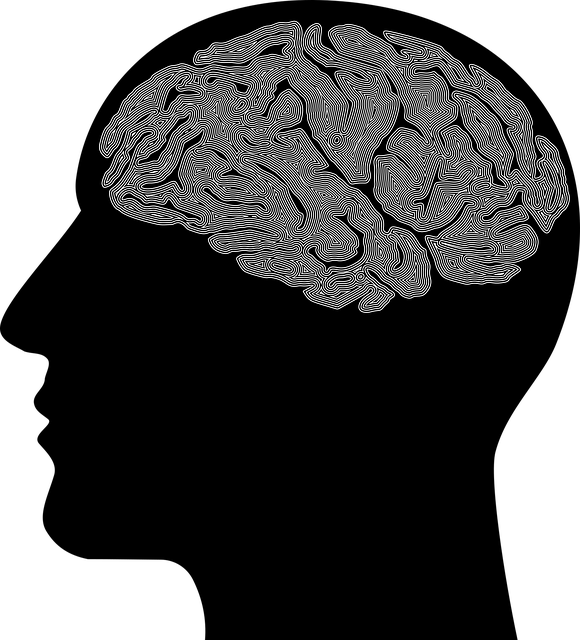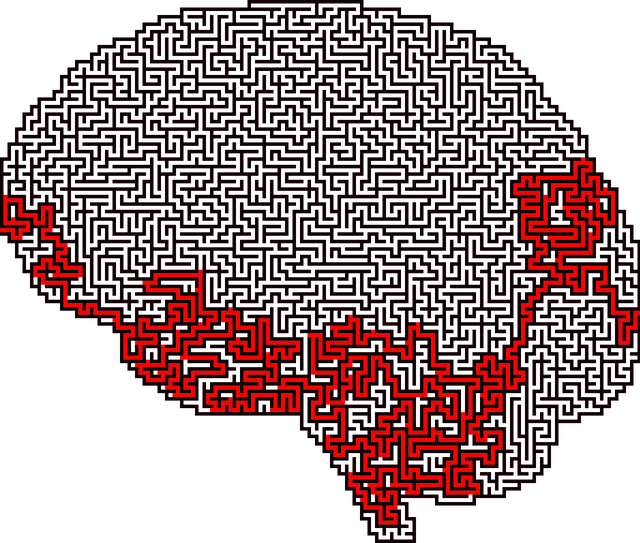Lakewood Neuro Disorders Therapy prioritizes patient safety and well-being through comprehensive risk assessments, evidence-based practices like CBT and mindfulness, and tailored interventions. They combine open communication, staff training, advanced technologies, and regular evaluations to enhance treatment effectiveness. By focusing on self-care routines, coping skills, and conflict resolution, they achieve improved patient outcomes in a supportive environment, remaining at the forefront of neuro disorders therapy.
Risk assessment and harm minimization planning are essential components of providing safe and effective Lakewood Neuro Disorders Therapy. This comprehensive guide explores key aspects, from identifying potential hazards in various therapy settings to implementing robust safety measures tailored for neurodisability care at Lakewood. We delve into harm reduction strategies and highlight the importance of continuous evaluation for enhanced patient outcomes. By adhering to best practices, Lakewood can ensure a secure environment for individuals navigating the complexities of neuro disorders.
- Understanding Risk Assessment: Identifying Potential Hazards
- Harm Minimization Strategies: A Comprehensive Approach
- Implementing Safety Measures in Neuro Disorders Therapy at Lakewood
- Continuous Evaluation and Improvement for Enhanced Patient Care
Understanding Risk Assessment: Identifying Potential Hazards

Understanding Risk assessment is a pivotal step in harm minimization planning, especially within the context of mental health services like those offered by Lakewood Neuro Disorders Therapy. It involves meticulously identifying and evaluating potential hazards that could negatively impact individuals’ well-being during therapy sessions or as part of their self-care routine development for better mental health. By acknowledging these risks, professionals can implement effective strategies to mitigate them, ensuring a safer environment for clients.
This process includes scrutinizing various factors such as past traumatic experiences, medication interactions, and environmental risks, among others. For instance, in the case of Stress Management Workshops Organization, understanding participants’ unique stress profiles is crucial. Some individuals might have underlying conditions or be going through life transitions that could heighten their vulnerability to certain stressors. Therefore, a comprehensive risk assessment ensures that tailored interventions are put in place, promoting the overall well-being and positive outcomes of clients engaging in these services.
Harm Minimization Strategies: A Comprehensive Approach

Harm Minimization Strategies, when implemented holistically, become a powerful tool in any risk assessment process, especially for conditions like neuro disorders managed by professionals at Lakewood Neuro Disorders Therapy. This comprehensive approach involves a multi-faceted strategy tailored to mitigate potential risks and promote mental wellness. The first step is to identify and assess various hazards present, considering both external factors and internal, psychological elements.
Once identified, harm minimization strategies can be designed around Mind Over Matter Principles, leveraging the power of cognitive and behavioral interventions. For instance, creating structured routines and clear communication channels within care settings, as part of a Mental Wellness Podcast Series Production, can significantly enhance patient safety and reduce risks. Similarly, regular risk assessment for mental health professionals ensures that they are equipped with the latest knowledge and skills to navigate complex situations effectively, thereby fostering a safer environment for both patients and practitioners.
Implementing Safety Measures in Neuro Disorders Therapy at Lakewood

Implementing safety measures is paramount in Lakewood Neuro Disorders Therapy, especially when addressing complex conditions that impact emotional intelligence and mental wellness. The approach prioritizes harm minimization through a multi-faceted strategy tailored to each patient’s unique needs. This involves integrating evidence-based practices, such as Cognitive Behavioral Therapy (CBT), mindfulness techniques, and emotional regulation strategies. For instance, Lakewood Neuro Disorders Therapy offers specialized guidance on journaling exercises, promoting self-reflection and anxiety relief.
By fostering an environment that encourages open communication and continuous learning, the therapy ensures patients are equipped with tools to navigate challenges effectively. Additionally, the team leverages advanced technologies and regular staff training to stay abreast of best practices in neuro disorders management. This holistic approach not only enhances the effectiveness of treatment but also translates into improved outcomes for individuals seeking Lakewood Neuro Disorders Therapy.
Continuous Evaluation and Improvement for Enhanced Patient Care

At Lakewood Neuro Disorders Therapy, we recognize that healthcare is an ever-evolving field, demanding continuous evaluation and improvement to provide enhanced patient care. This dynamic approach involves regularly assessing our services, treatments, and support systems through feedback mechanisms, clinical research, and industry best practices. By fostering a culture of learning, we ensure our patients receive the most up-to-date, evidence-based interventions tailored to their unique needs.
Through ongoing monitoring and evaluation, our team identifies areas for improvement in coping skills development, self-care routine implementation for better mental health, and conflict resolution techniques. This proactive strategy not only enhances patient outcomes but also fosters a supportive environment where individuals can navigate challenges with increased resilience. By embracing change and adopting innovative practices, Lakewood Neuro Disorders Therapy remains committed to being at the forefront of neuro disorders therapy.
Risk assessment and harm minimization planning are essential components of providing safe and effective Lakewood Neuro Disorders Therapy. By thoroughly identifying potential hazards, implementing comprehensive strategies, and continuously evaluating practices, healthcare professionals can significantly enhance patient care. This structured approach ensures that the unique needs of each patient are met with a robust safety net, fostering a secure environment for recovery and growth.














